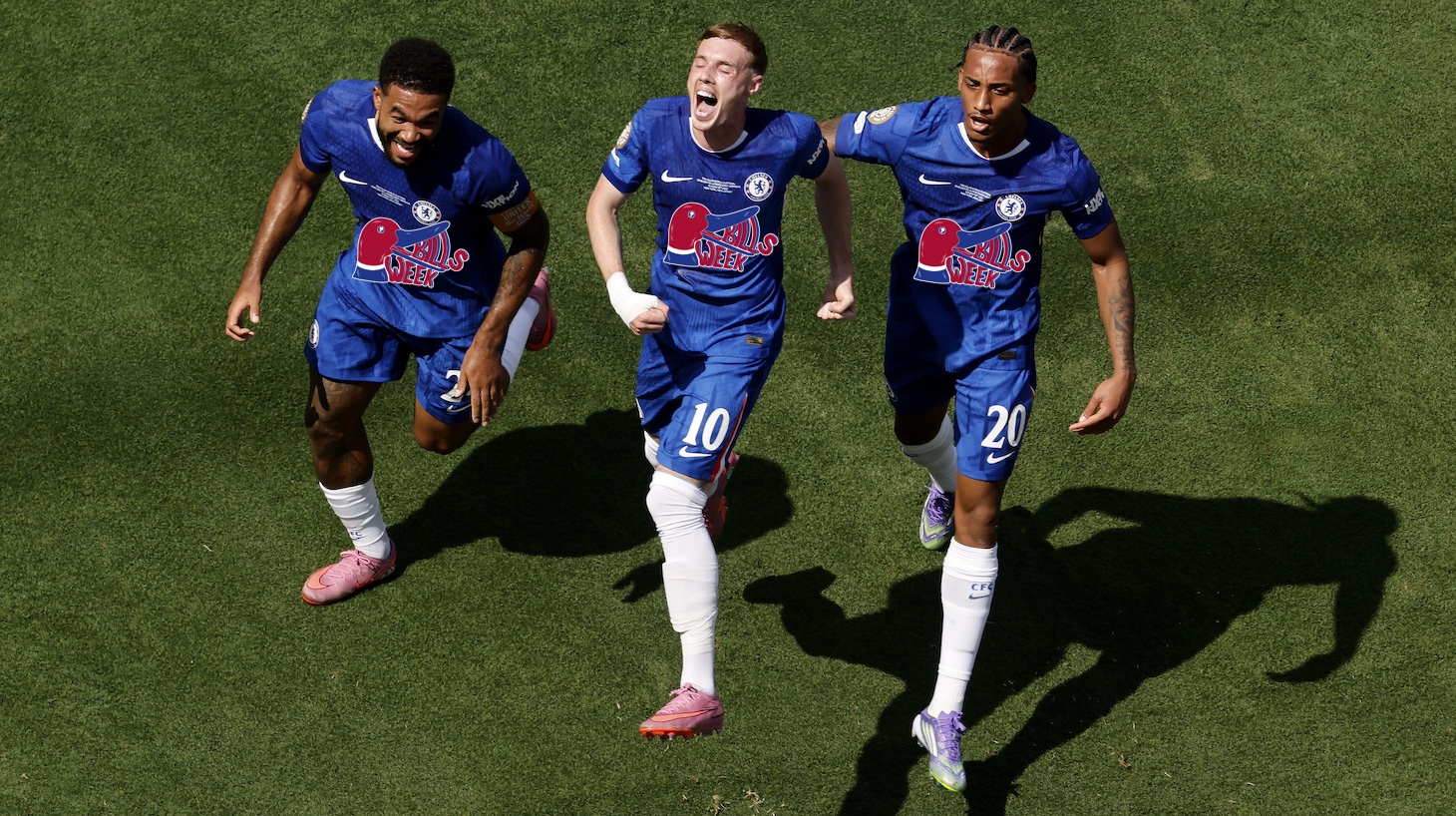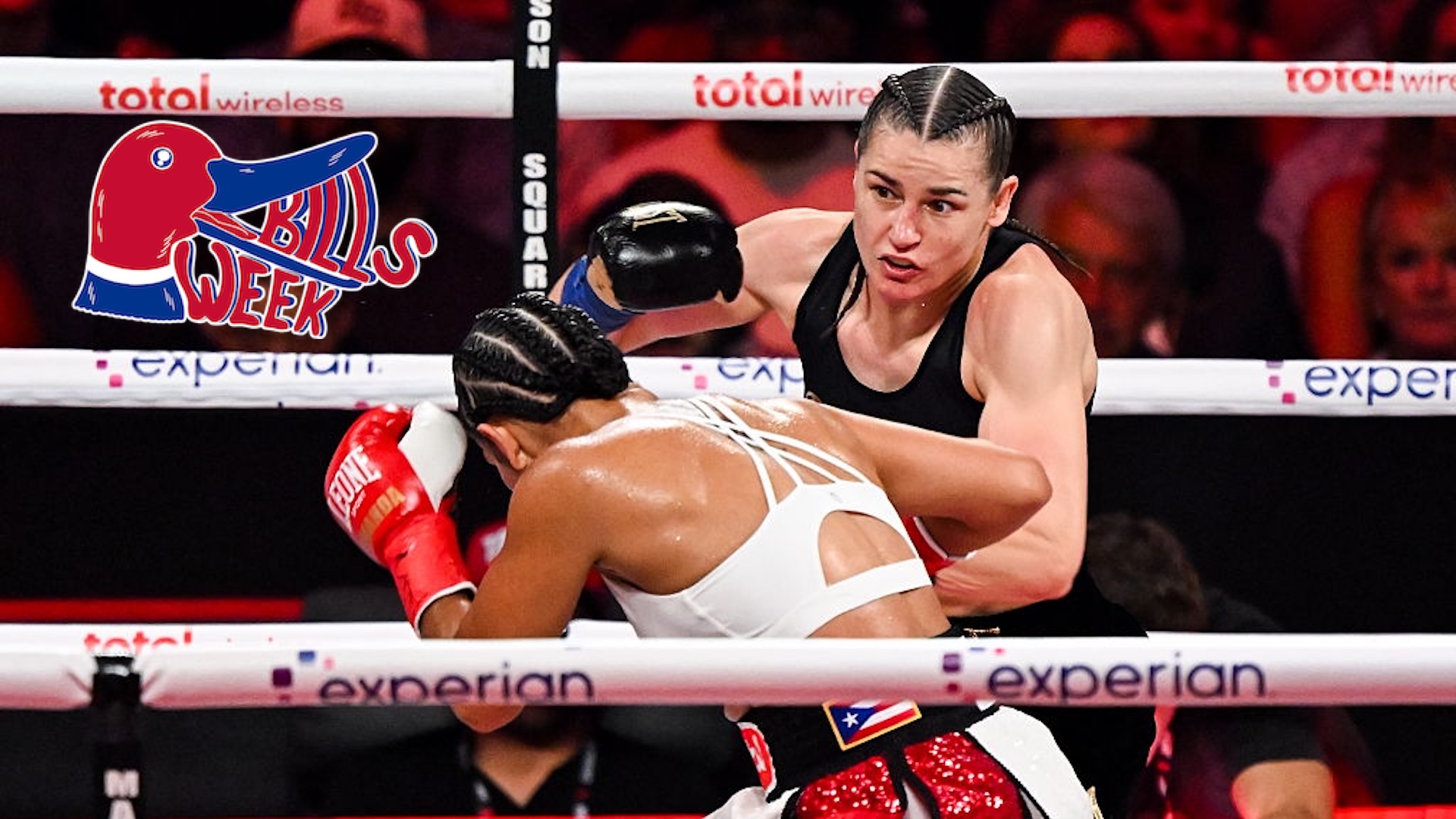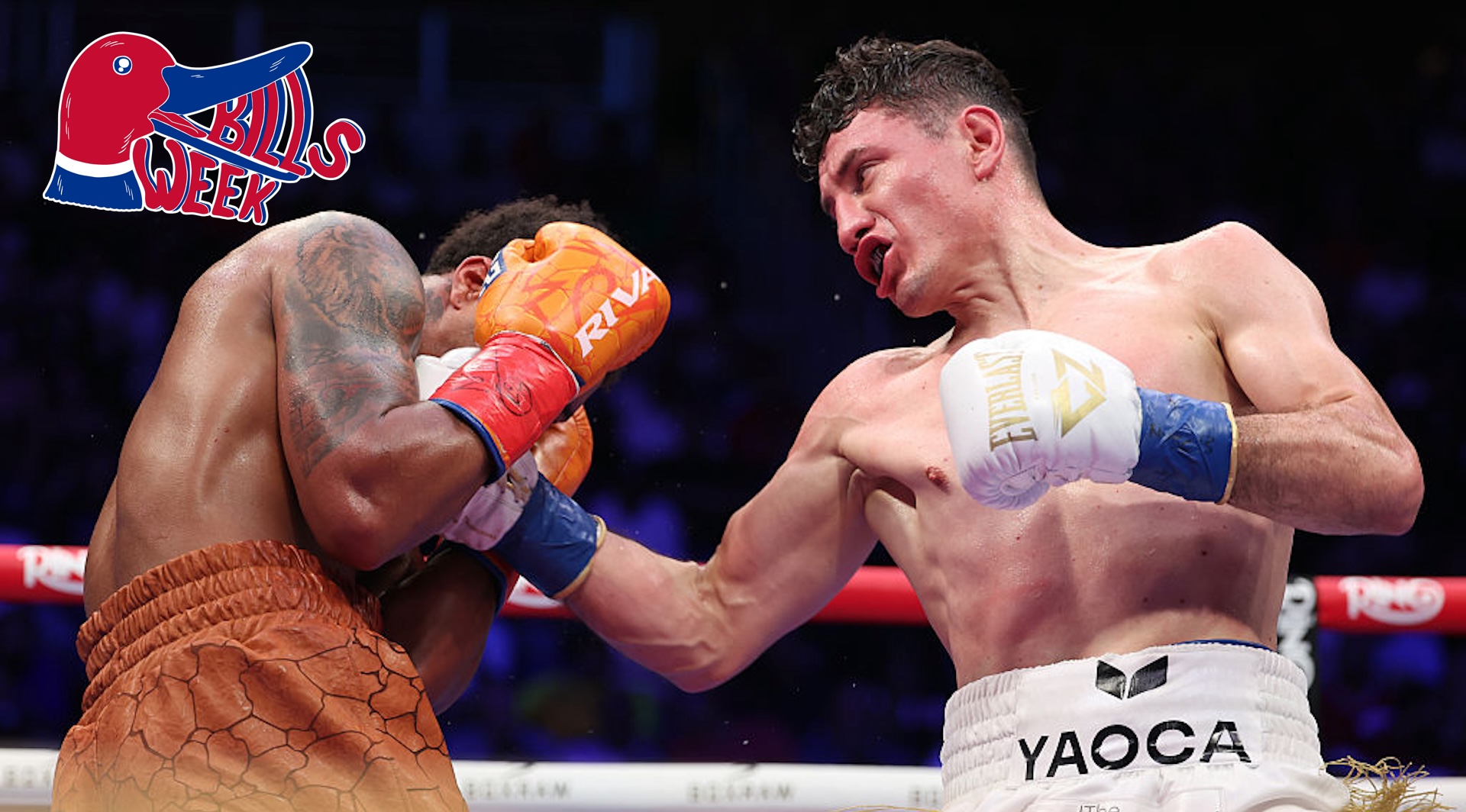Let us say that it is a Tuesday night in April and you are sitting in front of the television watching your favorite team play whatever sport it is that they play. Let us say that your team is leading by an amount that would normally cause observers to believe that the game is over.
Fun.
Let us say then that your team surrenders its lead and loses in overtime. (This is a hypothetical scenario.) You probably feel something at that point. It seems like a situation ripe for feeling things.
But what do you want your team to feel?
When I first started thinking about writing this, I imagined the preceding sentence leading nicely into a series of paragraphs about possible things that this imaginary team could be feeling, many of which would involve sorrow or guilt or shame, which I might then interweave with an anecdote or two about times I have felt bad, although obviously I would not be talking in public about the times I have felt very bad. The question of whether or not there was a moral component to losing a sporting event would be addressed. The Mamba Mentality would be mocked. I would tell you about Gallant Loser Syndrome, which is apparently real and also apparently bad.
But then I actually wrote down that sentence—“what do you want your team to feel?”—and was unable to get past the embarrassment of asking the question. It’s weird and creepy, wanting a group of strangers to feel anything; expressing that desire (in public! in print!) made me feel like I was writing an xoJane essay, which is not a bad thing—I love those essays—except for all the people eager to tell you how fucked up you are.
But. If I am fucked up, I am not alone. Clearly lots and lots of people want their favorite team’s players to feel like shit after a bad loss. Evidence: angry Twitter rants in which particular players are tagged; jerseys tossed onto the ice; boos; repeated demands that the team hire John Tortorella. What’s confusing is that despite their apparent lust to generate misery, a lot of the jersey-throwers seem (this is stereotyping and no doubt unfair) like precisely the kind of people that would make fun of me for talking about a player’s feelings.
I don’t know how hard any given jersey-thrower is thinking about why they’re doing what they’re doing, but I would guess that deep in the Socratic weeds they would say that it’s different because they’re not interested in the players’ misery as an emotion, but as a lever with which to get them to stop sucking. We know that rats try to avoid pain; we know that it feels bad to have people mad at us. Therefore, the logic goes, players will try to avoid the pain of being yelled at by playing better. They’re generously providing the punishment part of the Skinner box in which their favorite athletes exist.
This deeply rooted and mostly unarticulated conviction that how people behave is a direct result of how they feel—show me a good loser and I’ll show you a loser, etc.—obviously has some holes, given how competitive you have to be to even get to the level of playing sports in the public arena and how many rewards are already on the table for good performance, but it’s not like they’re totally wrong. After all, there’s a whole field of sports psychology ready to say that feelings do produce a change in behavior. There’s empirical evidence and everything. Where riders on a 10 mile cycle ergometer ride were given false negative feedback, it was “associated with intense unpleasant emotions, coupled with significantly higher blood lactic, and greater oxygen usage.” I learned this from a book called Endurance Performance In Sport. Sadly, the empirical evidence is not super-conclusive. Overall performance was not impacted either way, and the authors seemed to think the performance techniques that people used in response to the false negative feedback would be harder to sustain, which I guess mildly disfavors the creation of misery as a motivational technique. A lot of the books are reluctant to take a firm position. Endurance Performance In Sport also told me that “[e]motional profiles associated with success vary between individuals,” which seems both obviously true and completely unhelpful. Or, from Pure Sport: Practical Sport Psychology: “our need to achieve (NAch) and fear of failure (FF) combine to help determine our approach to competition.” Also true but unhelpful, unless you’re looking for advances in the field of acronym creation. (The acronym for Gallant Loser Syndrome is GLS, by the way.)
I don’t think it matters; I don’t actually think anybody outside of a coaching staff actually cares about creating a winning mindset. If a jersey-thrower were given conclusive proof that making a player feel bad would make them play worse, would it stay their hand? If all we as fans were interested in was motivating our players, we could skip the postmortems about whether a particular loss was bad, whether it was the refs’ fault, whether it was a schedule loss, who actually blew the coverage. Clearly there’s a moral component to the desire to make one’s team feel bad; there’s a sense that our reaction should be governed by the reprehensibility of a particular loss. We have not yet gone full Foucault when it comes to our sports teams; we still believe that punishment should be determined by the measure of sin.
From this perspective, the desire for our team to feel something (good/bad/embodying the stoic virtues) is just another version of our desire to have friends who share our moral values: We live in a society, we have a certain view of what the appropriate response to an event is, and we want our team, the embodiment of our hopes and aspirations, to respond in that way and no other. When they don’t, it upsets us. We show our disapproval to try to bring them back into line with our beliefs. The jersey-thrower doesn’t really care about making the player better; they just want it known that the player or team has diverged from the path of righteousness, and, also, they want to punish the player or team for doing so, even if it will only make the situation worse.
My own response to a bad loss doesn’t really translate into anything as coherent as that kind of moral solidarity. When I watch my team lose, I feel bad. That part is clear, even if sometimes I am also laughing. But the badness I feel is usually a kind of messy surge of undifferentiated anxiety. This is partly because I have an anxiety disorder, but it is also because I feel implicated in their failure. I have invested myself in this entity which has failed, and the reason I find myself wondering how bad I want the team to feel is because I want to know how bad I should feel.
The emotional state I find myself in at the end of one of these (purely hypothetical, unlikely to happen twice in a season, surely not a harbinger of yet another early playoff exit) losses described in the opening paragraphs is very much the same state in which I found myself one sunny afternoon on a bus in Los Angeles. I was running wildly late for an appointment with someone who was doing me a favor by meeting with me. I am mostly not late, and when I am I hate it, but on this particular occasion I could not make myself feel any immediate sense of panic or shame. It was sunny. I was tired. I had a window seat. There was nothing to be done. I was waiting to feel something, but my brain wouldn’t oblige. I would have to force it.
There was something deeply sinister about it. I could choose to feel bad or I could choose not to feel bad. I would not be any more or less late if I chose not to feel bad, nor, honestly, was it more likely that I would run late again in the future if I chose, on this particular drowsy afternoon, not to feel bad. Yet it felt uncomfortable and disorienting to not feel bad; it felt like giving into a certain kind of social lawlessness. That same kind of unmoored feeling is how I feel when I watch my team lose. I could feel bad or I could just forget about it; there is no reason I have to care. And it’s that second option that’s truly terrifying; caring is what gives my life shape. In the end, I’d rather feel bad than not feel. That’s the fundamental offer of fandoms. Some more than others.







